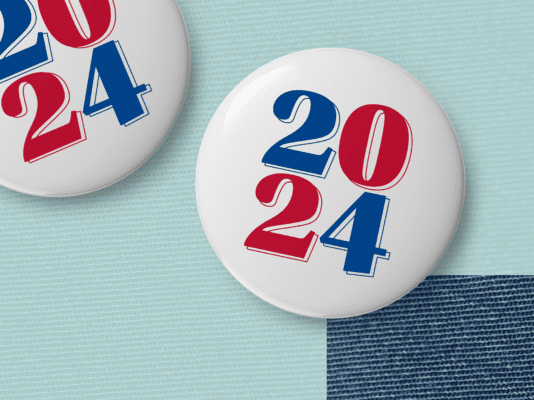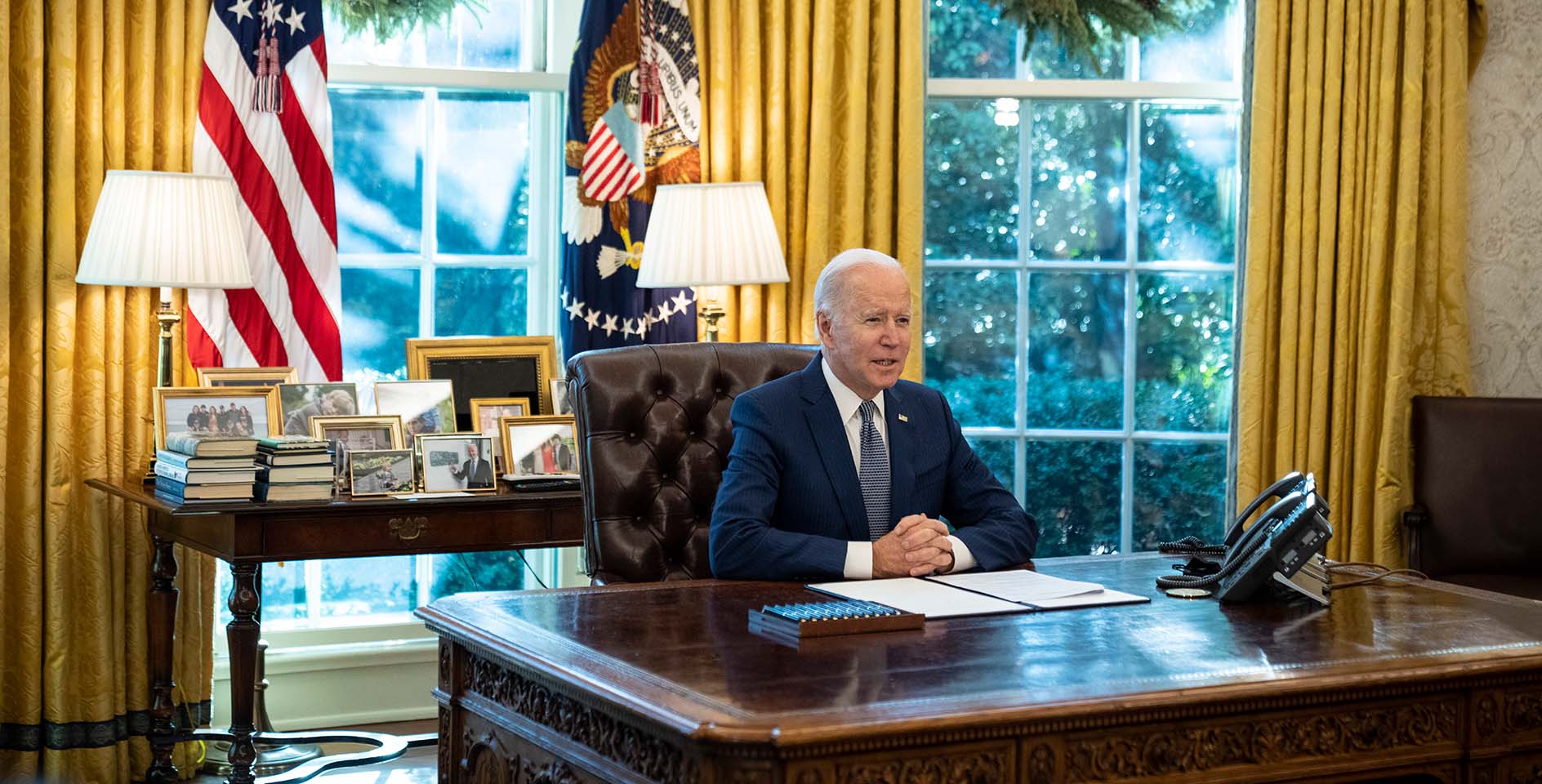Recently at TGC, I wrote a piece on how Christians should be thinking through the oral arguments related to same-sex marriage. That day is today, and I’d like to add an additional note about a conversation that isn’t happening that should be happening related to this week’s Supreme Court’s hearing of oral arguments on same-sex marriage.
The affect of a sweeping fifty-state ruling that would nationalize same-sex marriage would serve to alienate a large swath of the American population that believes marriage, whether held for religious or moral reasons, is reserved only for one man and one woman. A ruling of this nature would cripple the idea that Americans of diverse beliefs have an equal share in the representation of their country. Pastors, your church members who voted for marriage, and who had the belief that they “had a place at the table” in America, will be eroded.
Since 2004, over thirty states, and over 50 million Americans, have cast their vote in defense of traditional marriage viewing it as a unique institution unlike other human relationships that advances a rational purpose, namely, to bind men and women to any children they create. And would the Supreme Court move to nationalize same-sex marriage, and depending on the tenor of the opinion’s authors, it has the very real consequence of reducing these votes to acts of invidious bigotry. Normal citizens would have a cherished, historic belief accosted for the purposes of advancing a vision of marriage built on elevating romantic union over the needs of children and social stability. That’s right, an institution upon which there’s thousands and thousands of years of recorded history to build its case for, would be reduced to the dustbin of history in service of a novel innovation unseen before the year 2000.
Even though polling suggests that a thin majority of Americans support same-sex marriage, the rapid advance of culture cannot be equated with the idea that common culture itself is accepting of same-sex marriage. Statistical support does not account for the differentiated cultures that comprise these United States. Portland isn’t Birmingham, for example; and New York City isn’t Wichita. What makes America unique is the belief that Birmingham’s moral beliefs about marriage are equal to any belief that Portlanders may have about marriage. And where disagreements about competing visions persist, electoral persuasion acts as a guide to bring competing sides into consensus.
Same-sex marriage has made remarkable advances throughout American culture. No one can doubt that. In some sectors of the country, same-sex marriage is considered an artifact of bohemian, enlightened taste. Here, it is seen as anathema to question the morality or wisdom of same-sex marriage. Were the Supreme Court to tip its hat in this direction, it only advances the concerning trend of making everyday Americans made to feel disenfranchised from a common culture that thought like them as little as 10 years ago. The pace of this cultural revolution does not require a final word from the Supreme Court.
Democracy is premised on the idea of its being participatory by nature. The future of participatory democracy hinges upon having a population that doesn't feel like political refugees as a result of the dhimmitude of the Sexual Revolution.
Considering these possible threats to America’s moral fabric, what should the Supreme Court do? The prudential option, one that conservatives and Christians should opt for, is to leave this dispute to the states to settle. A decision to leave this issue to the states is a decision to pay deference to democratic procedure. This is a better path forward than using the using the law to bring dissenters to heel.
Regardless of whether one is in favor of same-sex marriage or is not, it should be uncontroversial to allow democracy to work itself out. Foisting a vision of marriage onto a populace that isn’t ready for it, or believes it deeply immoral and harmful to the welfare of society, serves no purpose other than to advance ideology at the cost of civic unity.
In America today, we need less embattlement and less entrenchment. Which means we need more discussion and more debate.










